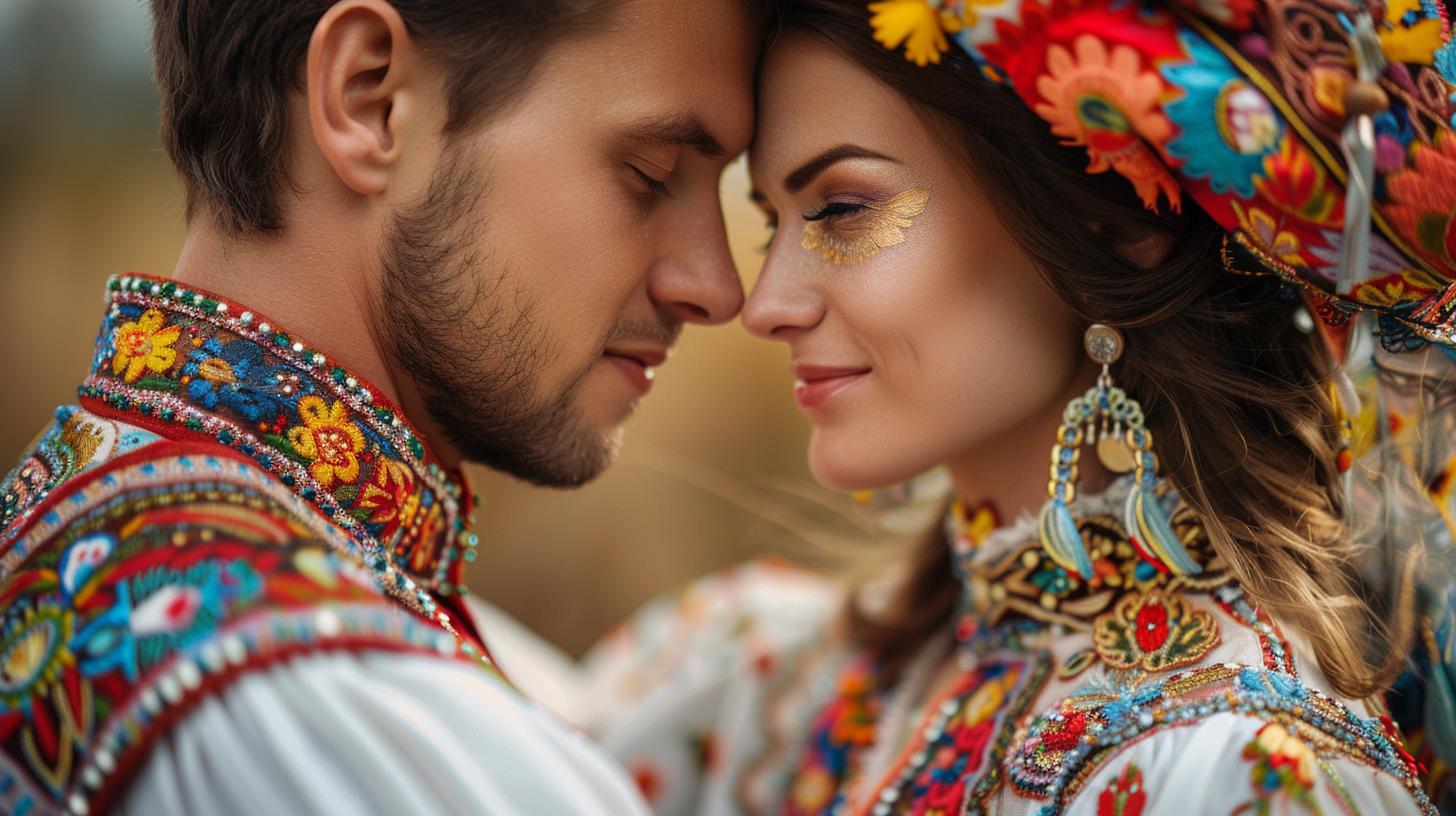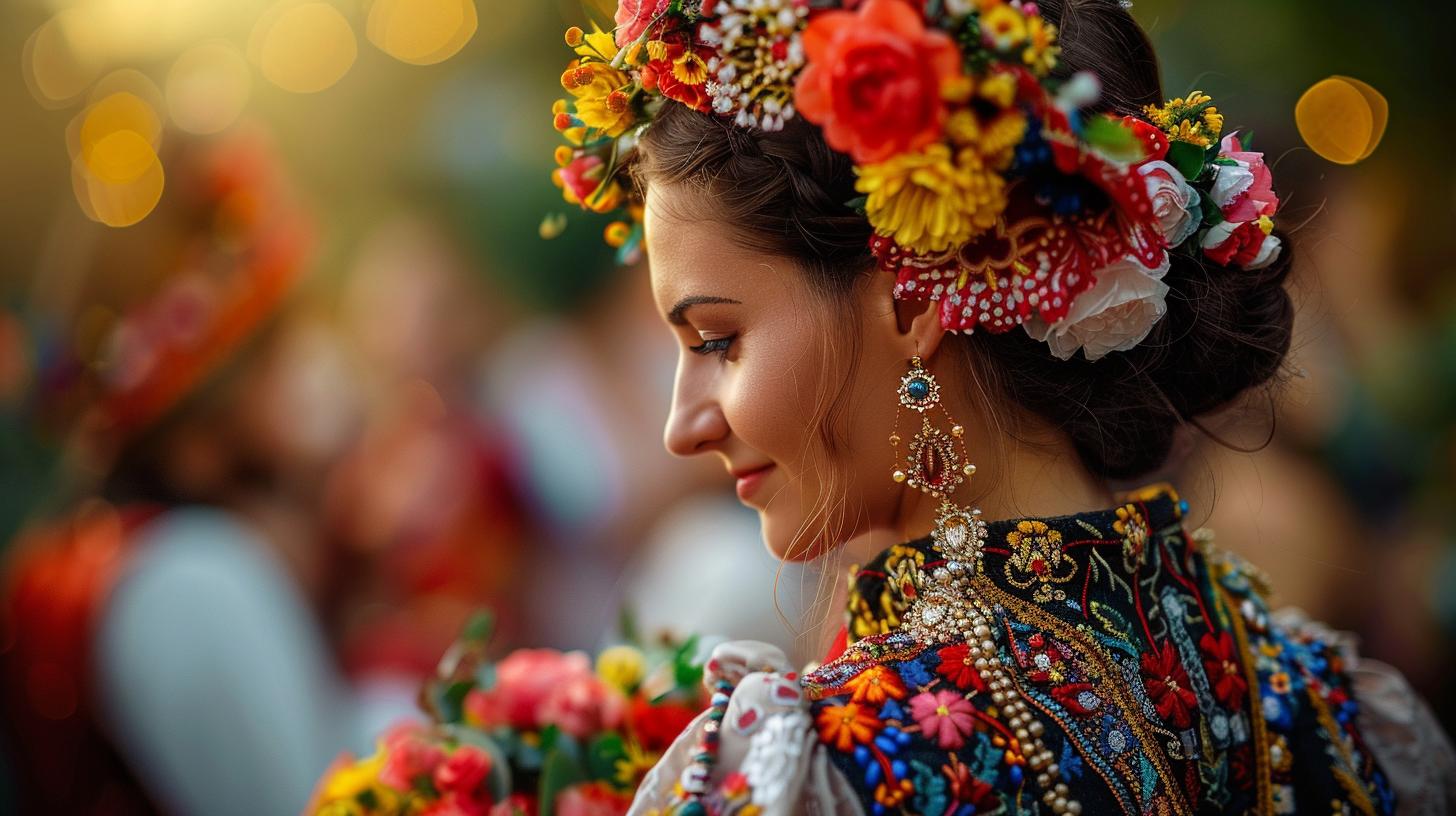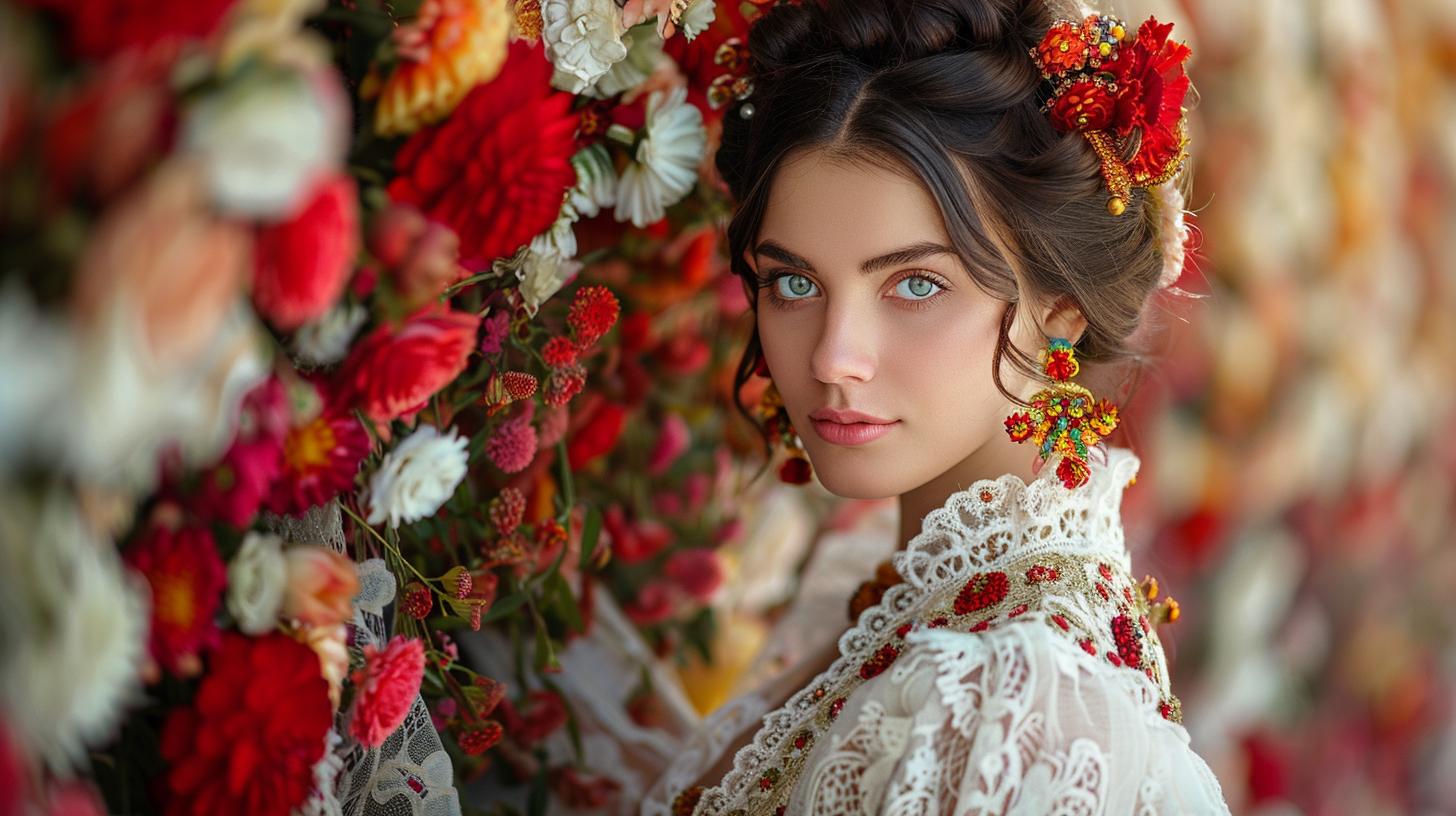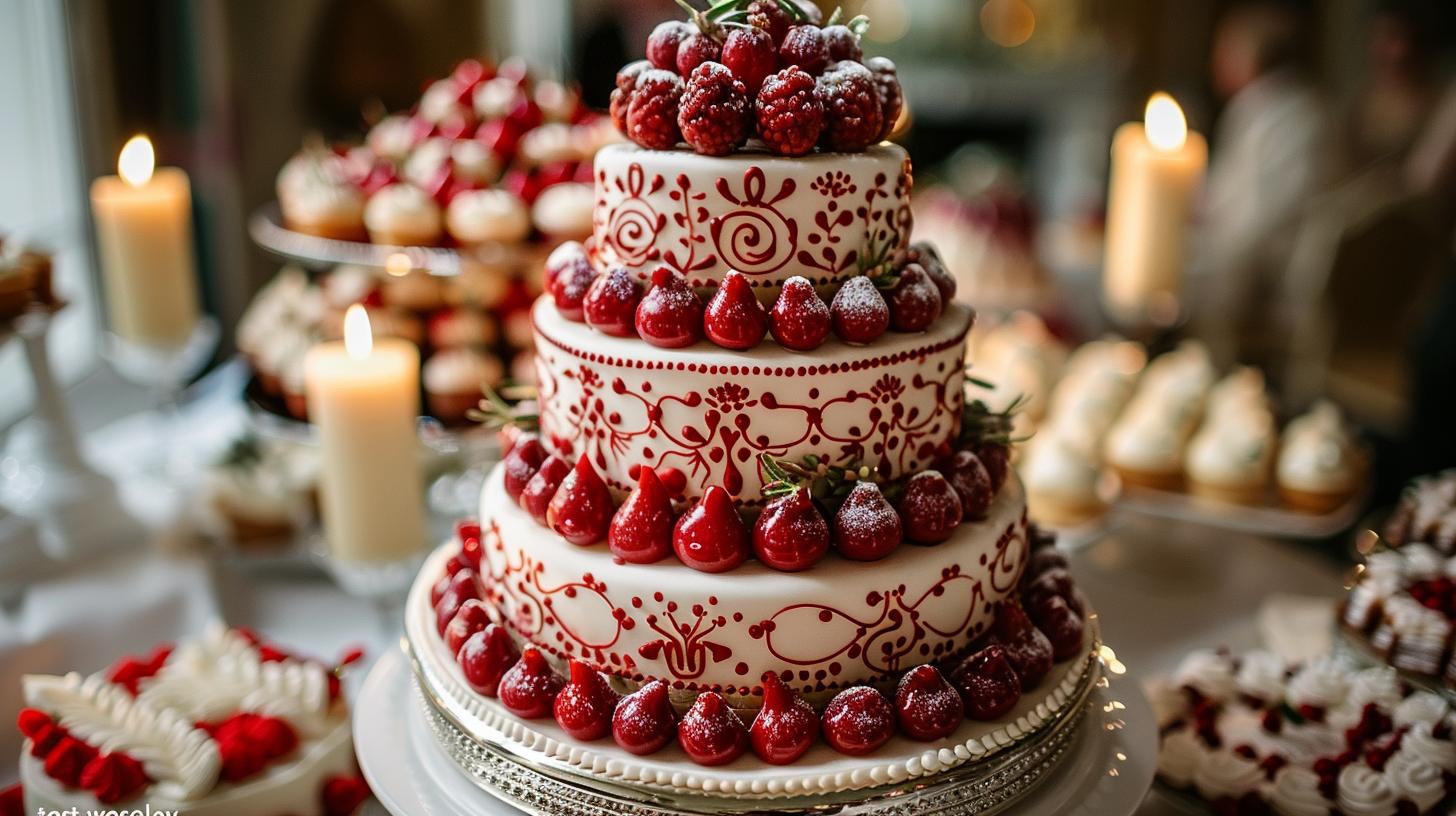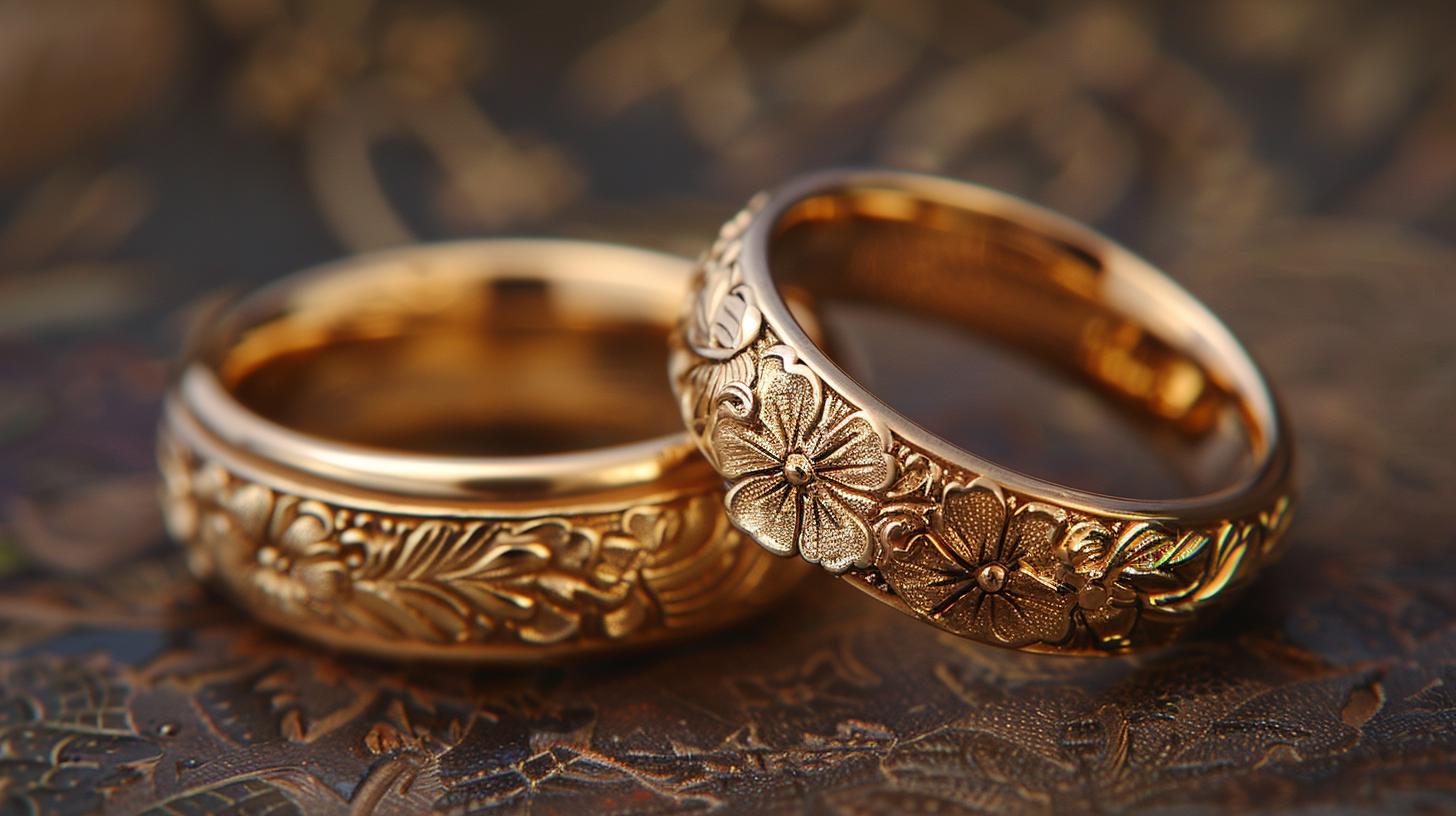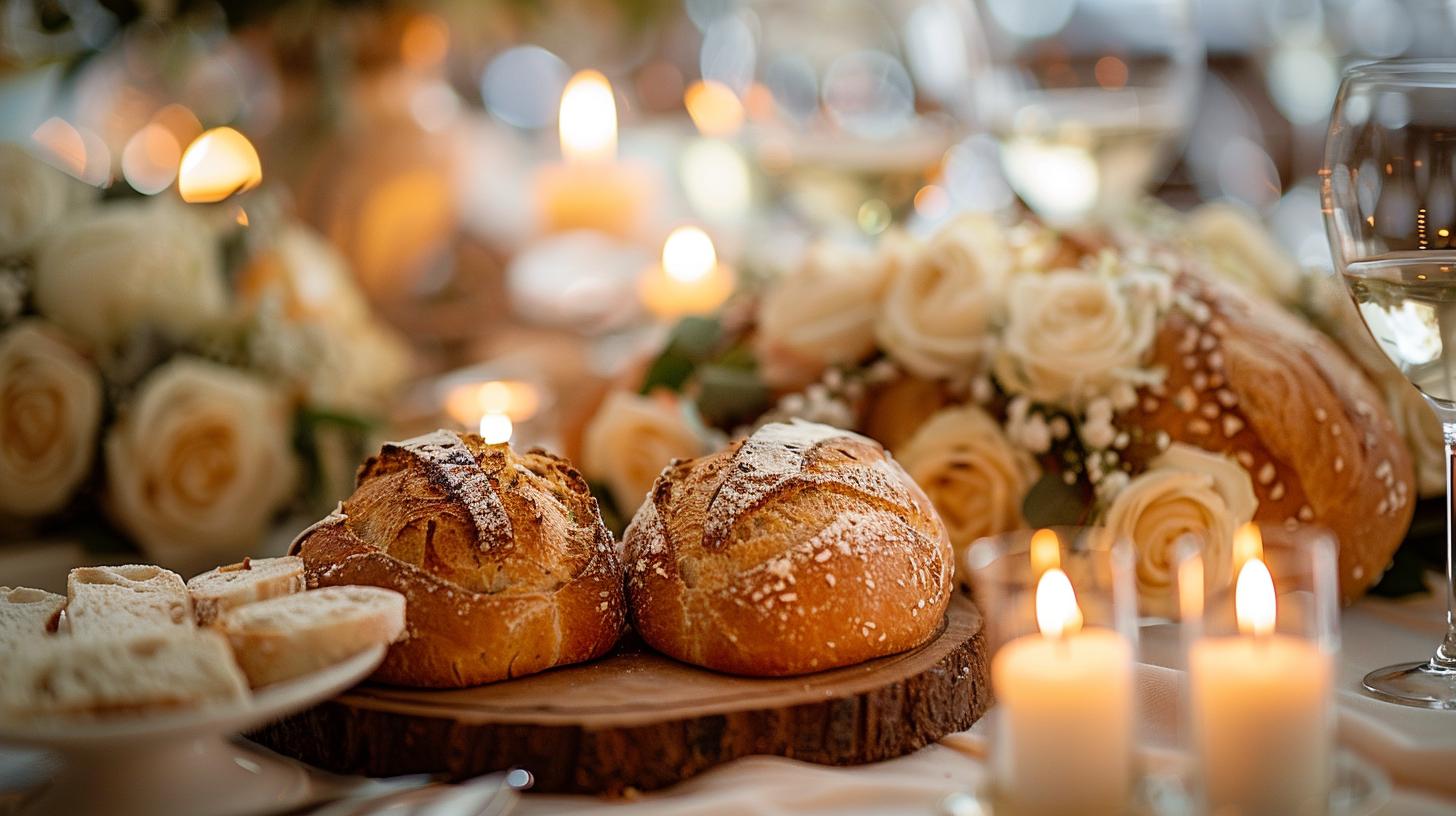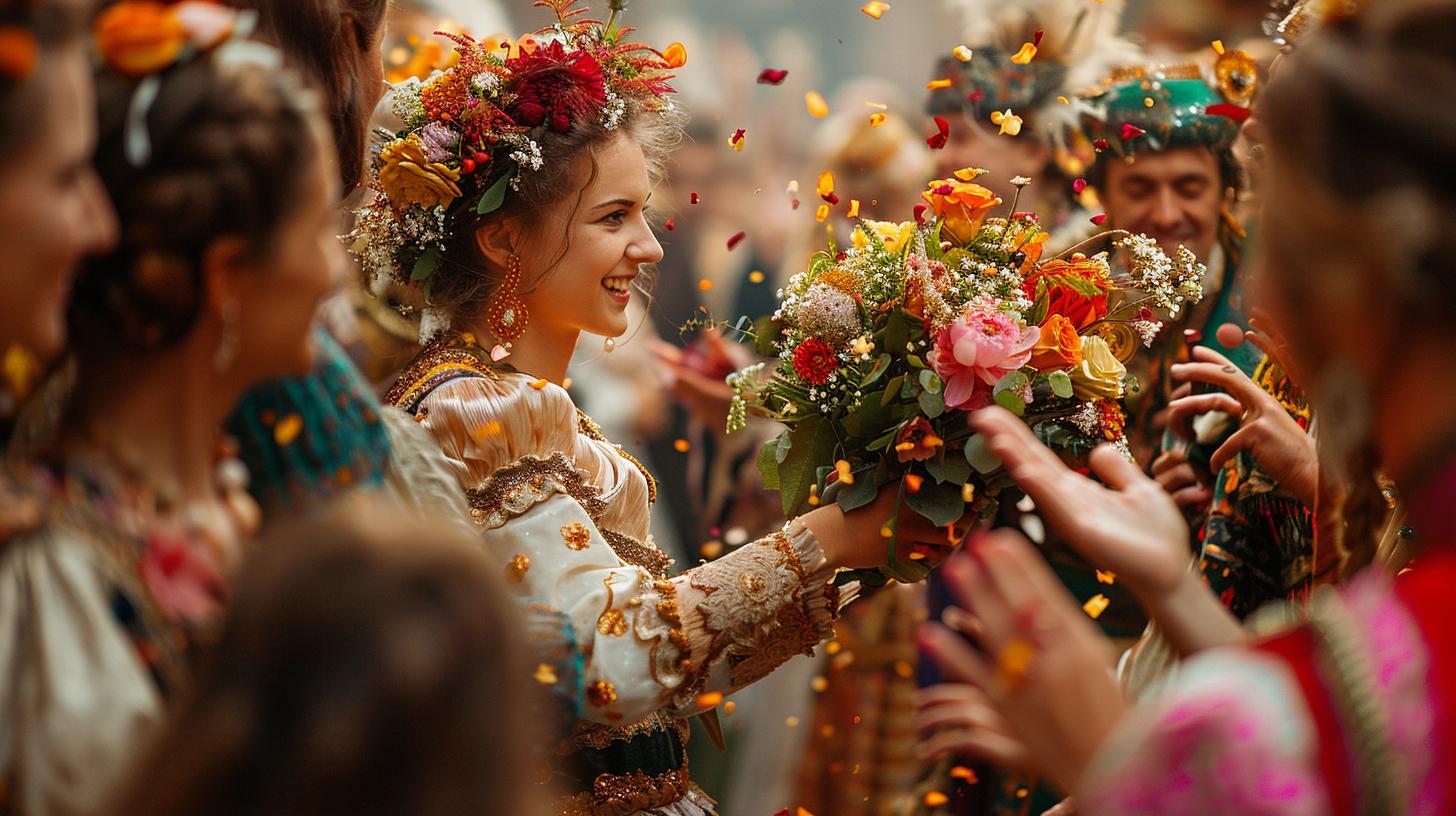Polish Wedding Traditions In America: A Guide to Keeping Polish Culture Alive in American Weddings
Polish wedding traditions have a rich history and deep cultural significance. From the blessing of the parents to the traditional food and drink, each element holds special meaning.
These customs are cherished ways to honor heritage and bring families together at this joyous occasion. Incorporating Polish traditions into American weddings is a beautiful way to keep the culture alive for future generations.
The Role of Parents in Polish Weddings
The role of parents in Polish weddings is deeply rooted in tradition and symbolism, reflecting the value placed on family bonds and respect. From the blessing of the parents to the tradition of the parents’ bread and salt, parents play a significant role in the wedding rituals.
Blessing of the Parents
In Polish weddings, parents bestow their blessings upon the couple as a gesture of love, support, and well-wishes for their future together. The blessing is a heartfelt moment that symbolizes the parents’ approval and guidance in the marriage journey.
Tradition of the Parents’ Bread and Salt
Another cherished tradition in Polish weddings is the offering of bread and salt by the parents to the newlyweds. The bread symbolizes prosperity and the salt represents the challenges the couple may face, signifying that they will always have sustenance and flavor in their lives.
Rituals and Ceremonies During the Wedding
In Polish weddings, various rituals and ceremonies take place to honor tradition and celebrate the union of the couple. These customs hold deep cultural significance and add a special touch to the festivities.
The Church Ceremony
The church ceremony is a central aspect of Polish weddings, symbolizing the couple’s commitment before God and their community. It includes traditional prayers, hymns, and blessings from the priest, creating a sacred atmosphere.
This ritual is a joyful and symbolic moment shared with family and friends.
The Polish Apron Dance
The Polish Apron Dance is a lively tradition where guests pin money onto the bride’s apron in exchange for a dance with her. This fun and festive custom symbolizes prosperity and good wishes for the newlyweds.
Traditional Food and Drink at Polish Weddings
Polish weddings are not only known for their beautiful traditions, but also for their delicious and hearty cuisine. The traditional food and drink served at these celebrations play a crucial role in honoring Polish heritage and bringing families together.
Importance of Traditional Foods
- Pierogi: These dumplings filled with various ingredients are a staple at Polish weddings, symbolizing prosperity and wealth for the newlyweds.
- Bigos: Also known as hunter’s stew, this rich and flavorful dish made with sauerkraut and different kinds of meat is a beloved traditional Polish food often served at weddings.
- Kielbasa: Polish sausage is a popular choice at wedding receptions, reflecting the country’s love for flavorful meats.
Significance of Traditional Drinks
- Vodka: A common choice for toasts and celebrations, vodka is often served at Polish weddings as a symbol of good fortune and unity.
- Compote: This sweet, fruit-based drink is a traditional Polish beverage served at weddings to bring sweetness and joy to the couple’s union.
- Polish Beer: In addition to vodka, Polish beer is a favorite among guests, adding a touch of festivity to the celebration.
Superstitions and Customs in Polish Weddings
Superstitions and customs play a significant role in Polish weddings, adding a touch of tradition to the celebration.
From the symbolism of engagement rings to unique customs, these practices are deeply rooted in Polish culture.
Symbolism of Engagement Rings
Engagement rings hold a special significance in Polish weddings. They symbolize the couple’s commitment and love for each other, representing an eternal bond that will withstand the test of time.
Role of Bread and Salt Blessing
The bread and salt blessing is a traditional Polish custom that symbolizes hospitality and prosperity.
The couple receives bread, typically adorned with salt and a glass of wine, as a gesture of good fortune and abundance in their marriage.
Unique Superstitions and Customs
- Breaking a glass: It is believed that breaking a glass during the wedding reception wards off evil spirits and brings good luck to the newlyweds.
- Throwing coins: Guests may toss coins at the bride and groom as they dance, symbolizing prosperity and financial abundance in their future together.
- Fortune-telling rituals: From reading tea leaves to interpreting dream symbols, Polish weddings often incorporate fortune-telling traditions to predict the couple’s future happiness and prosperity.
The Wedding Reception
Entertainment and Dancing
After the formalities of the church ceremony, the wedding reception is a time for celebration and fun.
Couples can also incorporate modern music to cater to all guests’ tastes.
Cutting of the Wedding Cake
Guests eagerly anticipate this moment, as it is often followed by the sharing of the cake with family and friends. The sweetness of the cake symbolizes the hope for a sweet and joyful marriage.
Adapting Polish Traditions in American Weddings
When it comes to adapting Polish traditions in American weddings, it’s essential to find a balance between honoring heritage and incorporating modern cultural elements.
Blending Cultures
- Integrating Polish customs with American traditions creates a unique and personal wedding experience.
- Incorporating elements from both backgrounds symbolizes the union of two families and their respective heritages.
- Finding commonalities between Polish and American customs can help bridge cultural differences and celebrate diversity.
Incorporating Polish Customs
- Including traditional Polish foods and drinks in the wedding menu pays homage to the rich culinary heritage of Poland.
- Incorporating rituals like the oczepiny ceremony adds a touch of authenticity and nostalgia to the celebration.
- Embracing superstitions and customs like the blessing of the parents brings luck and blessings to the newlyweds.
Keeping Polish Culture Alive for Future Generations
Preserving Polish wedding traditions in America is essential for passing down our rich heritage to the generations to come.
By incorporating elements such as the blessing of parents and traditional dances, we ensure that the essence of our culture remains vibrant and alive.
- Passing down stories of our ancestors and the significance of each tradition helps to instill a sense of pride in our Polish roots.
- Encouraging younger family members to participate in ceremonies and rituals ensures that these customs are carried forward with love and respect.
- Organizing cultural events and celebrations that showcase Polish traditions helps to educate the community about our unique customs and beliefs.
.
..

